Forget champagne fountains or a private DJ set from David Guetta. Your office holiday party this year is more likely to be a not-so-boozy potluck, a pickleball match, or some virtual trivia.
Driving the news: Corporate party planners have noticed a shift this year in holiday parties. Out are the bashes where the entire office and their significant others rage into the night. In are quieter events, with only team members, featuring group activities like guac making.
Driving the news: Corporate party planners have noticed a shift this year in holiday parties. Out are the bashes where the entire office and their significant others rage into the night. In are quieter events, with only team members, featuring group activities like guac making.



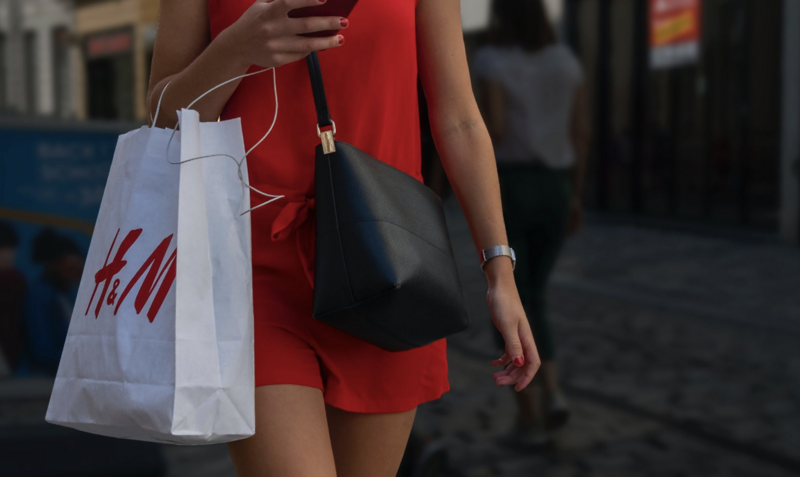

.png)
.gif)
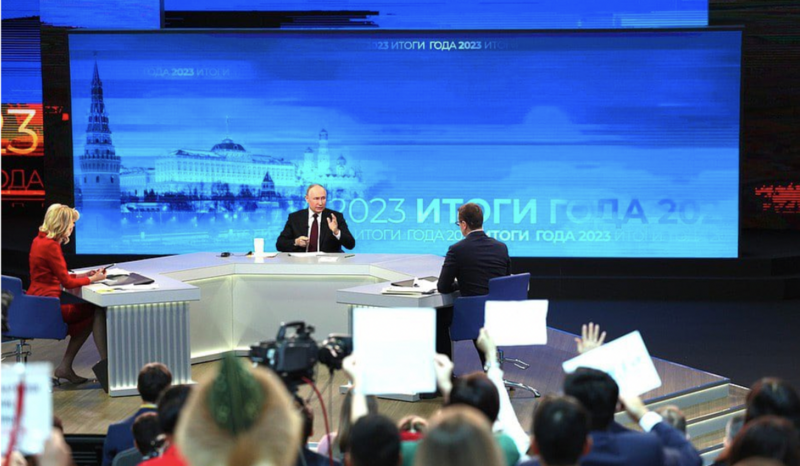
.gif)
.png)
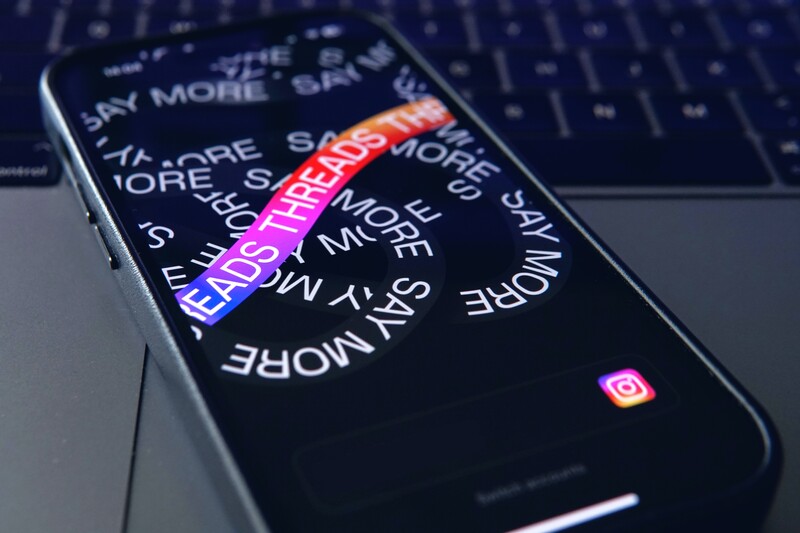
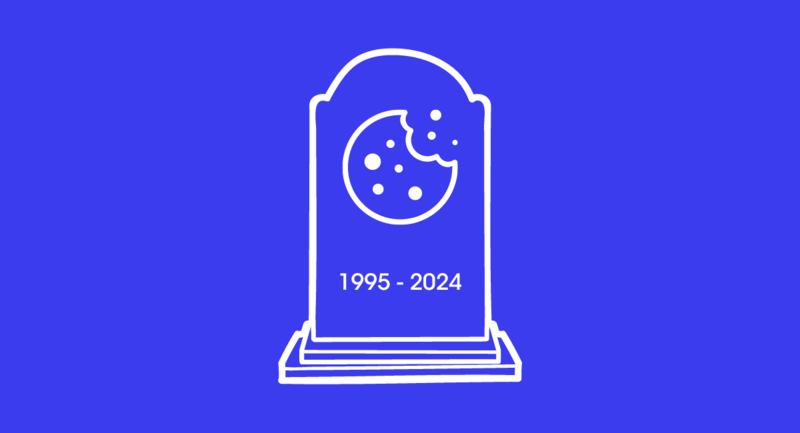
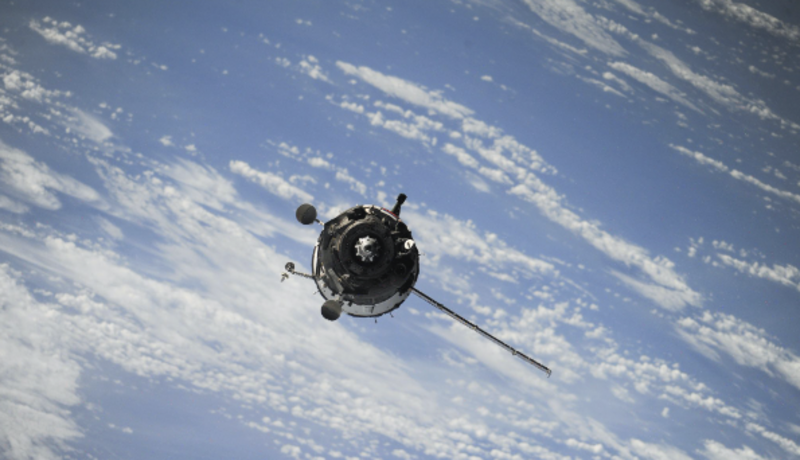

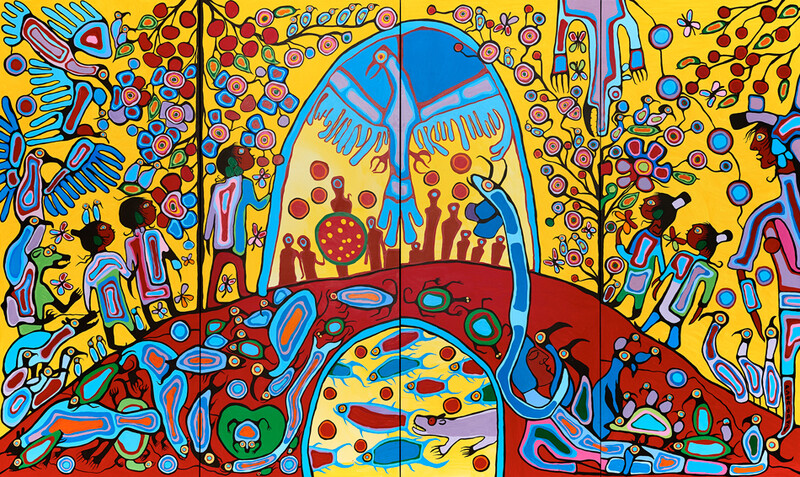
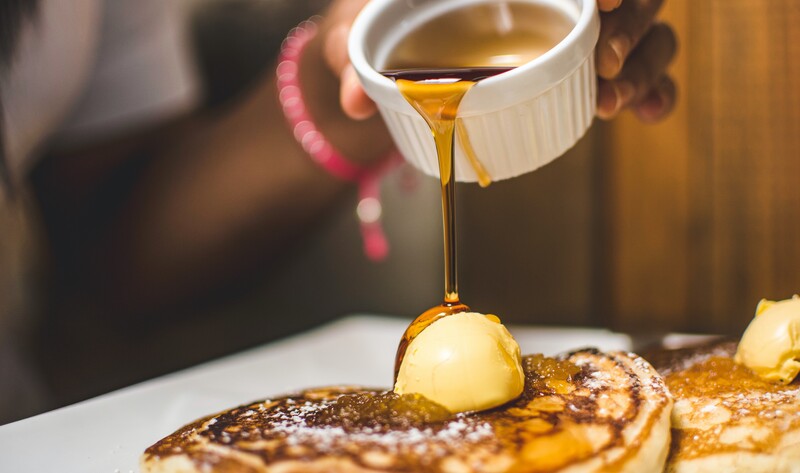



.png)